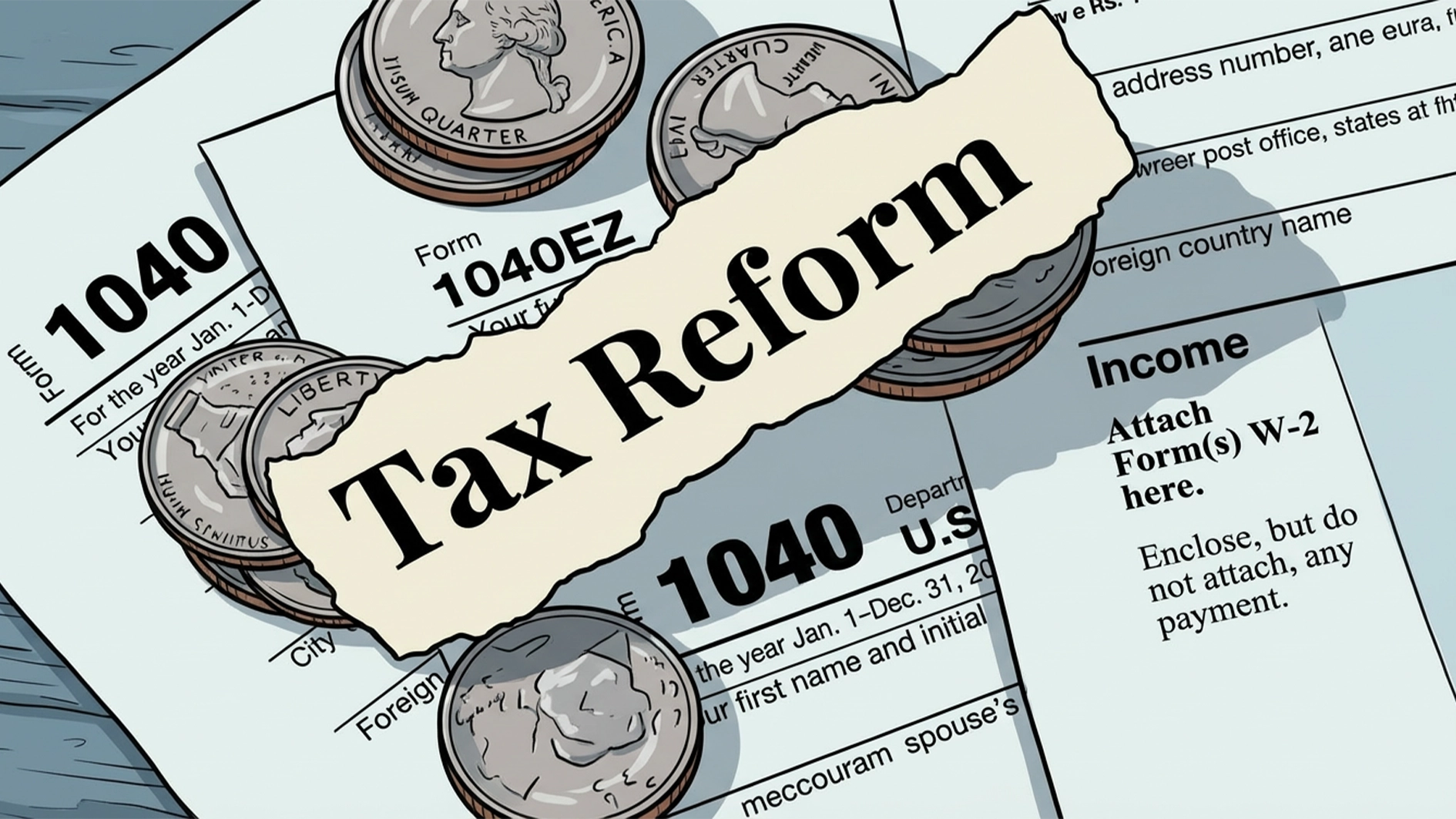
Andrew Uviase, a chartered accountant and economist, is the Managing Partner of Ecovis International, a firm providing audit, taxation and financial consulting. He spoke with GEOFF IYATSE on the need to retool the country’s Gross Domestic Product (GDP) reporting template for a more realistic output growth assessment among other issues.
You spoke about the faulty template for reporting output growth. What methodology would be most realistic?
I touched on two issues, first of which is the presentation of the information. What we see in the GDP report is percentage growth from one period to the other. I believe the absolute figures should be compared with each other and percentage growth or decline reported alongside the figures.
This is important because whoever is looking at the report will be able to know which figures lead to growth. Most users do not go to the appendix to pick the absolute figures.
Secondly, I am concerned about the methodology of conversion from the nominal GDP to the real GDP. I believe the conversion factor should also be disclosed so that any person with elementary knowledge of arithmetic can test it and confirm that the figures are accurate.
There has been so much noise about growing an inclusive economy. Does the growth pattern in the last few years suggest any progress?
Inclusive growth is dependent on two factors. Economic growth is measured by the GDP, while the distribution of the growth among the citizens is measured by the Gini coefficient. In the past few years, the economy has literally stagnated because economic growth is hardly keeping pace with population growth. Then, when it comes to the distribution of the production output, it is awful, and the poverty levels have remained alarming.
Even well-thought-out programmes like cash transfers and school feeding are hardly effective because the process is not transparent and not open to public scrutiny. Any cash transfer arrangement must be transparent and open to public scrutiny. It should be possible for interested parties to verify the beneficiaries. We need an independent project monitoring body to verify the beneficiaries and method of transfer.
There is a dilemma about the funding of infrastructure, which is critical for accelerated growth. If we go the PPP route, user charges become another burden, but the government is obviously too broke to fund such projects and deliver. What should we do?
Generally, the average human being is a free rider who wants to enjoy public goods without making payment. However, it is important to categorise the type of infrastructure and to determine the extent to which PPP can be applied. Besides roads, every other type of infrastructure can be done by a PPP arrangement. Even when it comes to roads, there are various ways by which an investor whether private or public can recoup their investment. Funding infrastructure should actually start from the conceptualisation stage to the final stage. If we can cut down on wastage and padding, we will be amazed at what we can achieve with the little resources we have.
A recent PMI says new orders are falling as people are not able to pay new prices of goods and services, which means inflation is still at a crisis point. Have we reached the peak of the long inflation run or do you think it will continue the upward trend?
It is stating the obvious to say that orders are falling. When the prices of essential family items have doubled and wages have remained essentially the same, it would be magical for the impact to be different.
I believe that next year will be better if the two critical refineries are working as projected. Then, through NNPC Limited, the government should allocate crude to the refineries at concessionary prices. This way, the government will be subsiding production, which will trickle down faster than any other social welfare programme.
Before any effective solution can be compared to the rising inflation, it is imperative to understand the cause of the food inflation and the main drivers of price increase. Nigeria inflation is cost-push inflation resulting from a combination of factors such as poor infrastructure, insecurity and shortage in FX for purchasing essential raw materials by manufacturers.
The immediate step will be to boost security so that farmers can go back to farm. Once the farmers can go back to farm, there will be an increase in supply which should drive down prices. The government must also try to stabilise the economy. There have been too many shocks in the last five months, which made nonsense of the projections of manufacturers. Look at the price of diesel, the exchange rate and even PMS. Manufacturers may be worried by the high cost of production but they are more concerned with price instability which makes it difficult for them to plan. So, inflation can be curtailed if structural impediments to production are reduced.
Foreign investors do not seem to be interested in Nigeria since the economy bounced after COVID-19. Is there anything the government could do to change the trend?
Firstly, we must realise that there is fierce competition among nations to attract foreign investment. Naturally, Nigeria is meant to be a place of preference for foreign investors because of its large population, abundant supply of skilled manpower and youthful population. However, the risk has remained high for foreign investors because of the incidence of insecurity, very poor infrastructure and unstable policy measures. So, to address the lull in foreign direct investments, government must adopt short-term policy measures such as generous tax incentives to compensate for infrastructural deficit and medium to long-term measures of enhanced security and improved infrastructure. The policy measures must also be stable and successive administrations must see the country as a going concern by maintaining the good policies of their predecessors. No businessman likes uncertainty.
What advice do you have for investors in terms of choosing asset classes to maximise their returns in the coming year?
Generally, returns to investors are affected by several factors such as the risk, the type of venture, the gestation period for the investment, the legal and regulatory requirements. I can only advise that investors should always sit with their professional advisers to weigh their options.
The continued crisis in the foreign exchange market has raised questions about the appropriateness of the reform. Has the Central Bank of Nigeria (CBN) done anything wrong with naira floating implementation?
Naira floating appears to be a convenient and easy way out. However, it must be a managed float where the government should intervene to ensure rate stability. My interaction with manufacturers suggests that their greatest concern is the fluctuations in the exchange rate which has made nonsense of their projections and affected their ability to plan. I will suggest that we must revert to managed float, where fluctuations can be within acceptable band and forex should be made available to the preferred sectors of the economy.
What is your projection for 2024?
This is a tricky question, and I will approach it from the perspective of the different economic agents.
From the perspective of the business community, they should be ready for the greatest tax scrutiny in the history of Nigeria. The projected tax revenue in the budget is well over the previous year’s figures by 30 to 50 per cent. Then there is the objective of raising tax revenue from 10 to 18 per cent during the next four years. My advice for businesses is that they should do a tax health check on their businesses to determine if the relationship between various segments of the accounts can stand the scrutiny of the Revenue Authorities. This will help them to minimise surprises when the Revenue Authorities eventually come calling. They should expect improved demand for their products and services based on expected wage increases by the government.
Inflation will moderate as we expect prices of petroleum products to be stable because of the impact of Dangote and Port Harcourt Refineries, which are expected to be fully operational in the year.
We also expect the pressure on FX to ease given the reduction in demand as a result of the enhanced local refinery capacity. Government finances will remain stable due to the inflow of petrol dollars. The price of crude oil will remain high as we are not expecting the Russia-Ukraine War to end soon.
Government revenues will get a boost from taxation as a result of strengthening the capacity of the revenue generation agencies. However, it could be counter-productive if struggling businesses are overtaxed. Insecurity may remain or slightly get worse because it is difficult to change people who are already used to free resources and money. We would expect the government to equip the security forces to counter the activities of insurgents and terrorists.






